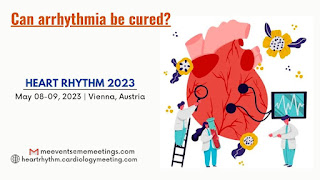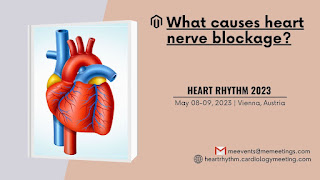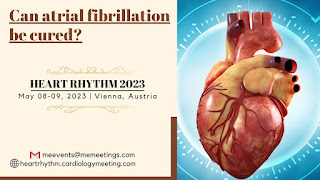Can arrhythmia be cured?
Arrhythmias can be
frightening. Your heart is one of the most important systems in your body, and
when it begins to malfunction, you should be concerned. While not all
arrhythmias are fully treatable, many are. Modern heart medicine has come a
long way since its inception, and there are numerous choices available to help
you live a longer, happier, and healthier life.
An arrhythmia is an issue with the rhythm of your heartbeat. That beat can be too fast at moments and too slow at others. The issue isn't always that the pace is off, but that the beat is irregular. The most common form of arrhythmia is atrial fibrillation, which causes an irregular and rapid heartbeat. When the heart races, slows down, skips beats, or attempts to beat multiple times at once, it puts extra strain on the heart and can lead to severe problems.
Arrhythmia treatments:
Some arrhythmias can be
treated in the moment with a vagal maneuver, which requires performing a
specific movement such as coughing or dipping your face in ice water. This activates
the vagus nerves, which regulate the heartbeat, and restores the heart rhythm
to normal.
Pacemakers and
implantable cardioverter defibrillators (ICDs) are other possibilities. These
devices are surgically implanted and activate when the heartbeat deviates from
typical ranges.
Cardioversion therapy with medication or electroshock may also be an option. This attempts to normalise the heart's electrical signals and restore normal rhythm.
Cardiac ablation:
Ablation can also be used to address arrhythmia. Catheter ablation is the first minimally invasive choice, involving thin wires inserted through the groyne to reach the heart and destroy the abnormal heart tissue producing the arrhythmia. While medications are used to control irregular heartbeats, ablation procedures can fully cure some types of arrhythmia. Most patients with a heart rhythm problem can resume typical activity levels once treated, whether through ablation or on-going medications.



Comments
Post a Comment